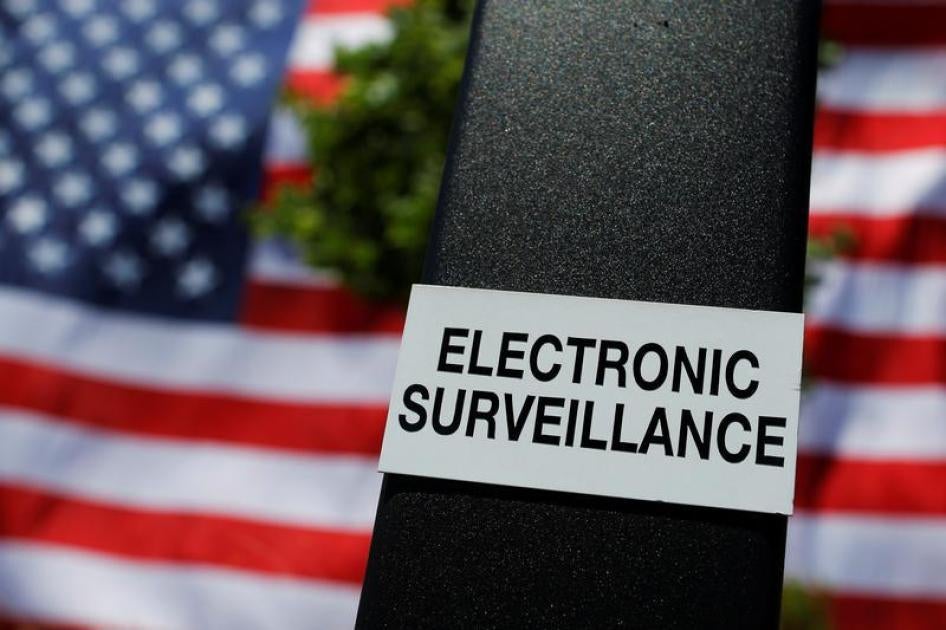Wandering into the downtown New York branch of a popular adult store – one that seeks to be a friendly space for women and lesbian, gay, bisexual, and transgender (LGBT) people – it’s impossible not to be struck by the colorful hues of the toys, lingerie, and other products on display. But as someone who makes a living researching how the state surveils its citizens, the thought that first strikes me is: I wouldn’t want Big Brother knowing what I bought here – or even necessarily to know I’ve been here at all.
Privacy rights and the free expression (and enjoyment) of sexuality are closely intertwined. Unfortunately, in the United States, that means both are under threat.
The possibility that the US government will gather and share data about your sex life – without a warrant and without your knowledge – is a real one. For example, official policy allows the Federal Bureau of Investigation to share information with other law enforcement bodies about “[s]exual and other highly personal activities” that it gathers through surveillance under Section 702 of the Foreign Intelligence Surveillance Act – a law under which the government vacuums up potentially extremely large numbers of private communications. In investigations related to international terrorism or espionage, the FBI can also demand bank account statements and credit card histories using a national security letter, which doesn’t require a judge’s approval – and which often comes served with a gag order.
Meanwhile, the US Supreme Court will soon hear a case about whether police need a warrant to seek your past cell phone location data, which could show that you’ve visited a store such as the one described above.
While many people may not be aware of these legal details, even a basic understanding of the enormous scale of the government’s warrantless monitoring may make them reluctant to express or explore their sexuality online. This “chilling effect” on free expression is a human rights problem – even if the US doesn’t adopt a rule as clearly intimidating as requiring online pornography viewers to provide their credit card details, as the UK is reportedly considering doing (with the stated purpose of verifying that viewers are adults).
US courts have long understood the connection between privacy rights and the freedom to express one’s sexuality. In today’s world, all three branches of government should ensure your privacy isn’t compromised when you text an intimate photo to your partner, click on a (legal) porn site, try out a “smart” sex toy, or visit an LGBT forum. Privacy is freedom – and the authorities shouldn’t be able to interfere with that without a very good reason.
|
Dispatches
How Much Does the US Government Know About Your Sex Life?
Authorities Can Scoop up a Surprising Amount of Intimate Data
Your tax deductible gift can help stop human rights violations and save lives around the world.
Region / Country
Most Viewed
-
June 3, 2025
“They’re Ruining People’s Lives”

-
January 25, 2024
“We’re Dying Here”

-
November 25, 2019
A Dirty Investment

-
April 27, 2021
A Threshold Crossed

-
November 19, 2012
Losing Humanity



